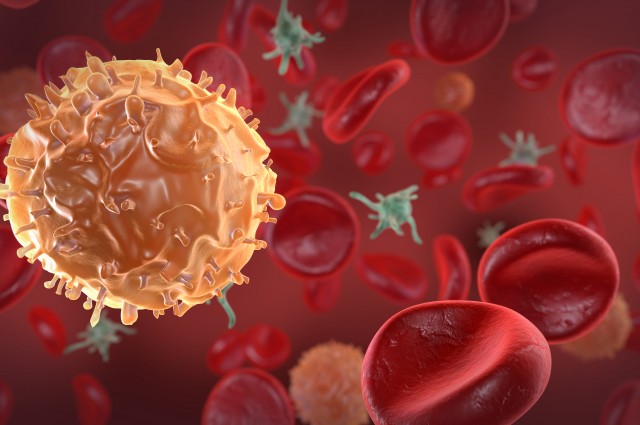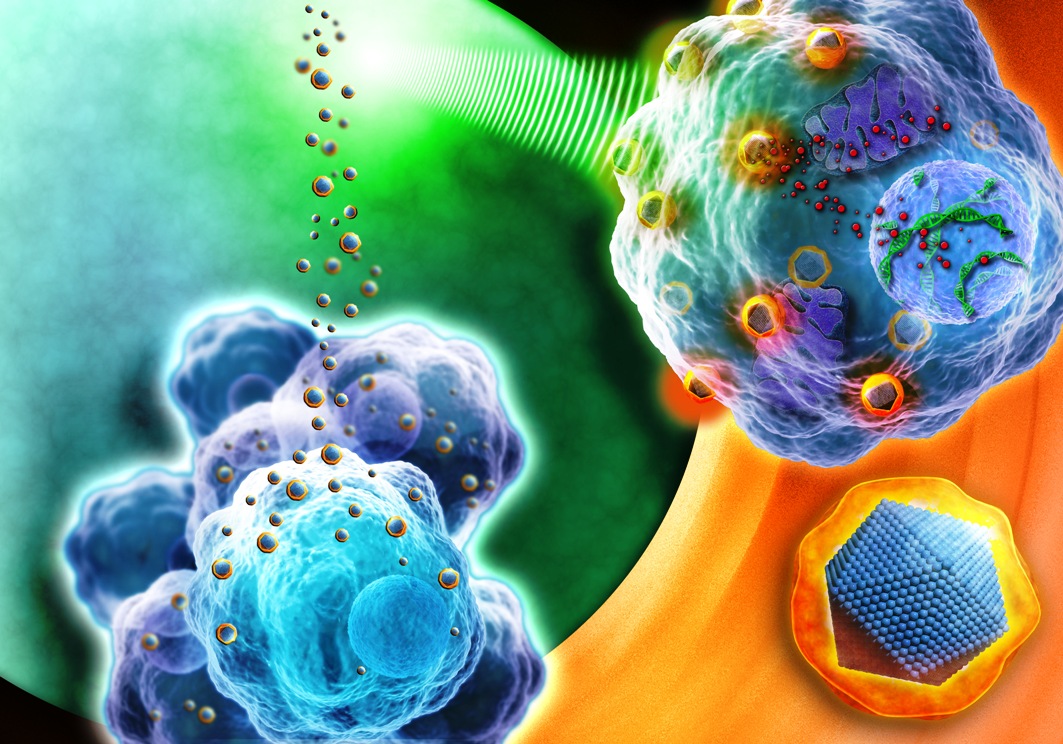
CLaboratory studies do not often go as planned, and while this is usually a source of endless frustration amongst scientists, some wonderful discoveries have been made by accident in the past, such as the pacemaker and penicillin. Now, researchers may have happened upon something that could turn out to be a powerful agent against a particularly aggressive type of cancer.
After endeavoring to find ways to prevent cancerous cells from dying during experiments, scientists from Stanford have discovered that it is possible to force leukemia cells to mature into a type of immune cell that, ironically, may help the body clear up other tumor cells. The study has been published in Proceedings of the National Academy of Sciences.
Acute lymphocytic leukemia (ALL) is a rapidly-progressing cancer of the immature cells that differentiate into white blood cells, or lymphocytes. There are several different types of ALL, which are classified based on the type of lymphocyte (B cell or T cell) the cancer originates from, and how mature these cells are.
For the current study, scientists were investigating the most common type of acute lymphoblastic leukemia, known as as precursor B cell ALL, or B-ALL. As the name suggests, this cancer originates from a rogue B cell that became stuck at an early stage of maturation. These immature cells are unable to fully differentiate into normal B cells, partly because they lost some cellular molecules, known as transcription factors, which are required for their development. Transcription factors are proteins that stick to bits of DNA and then switch certain genes on or off.
B-ALL is a particularly aggressive cancer with a poor prognosis, so scientists from Stanford were keen to learn more about it with the hope of finding ways to tackle it, but they were struggling to keep cells isolated from a patient alive in the lab. “We were throwing everything at them to help them survive,” lead researcher Ravi Majeti said in a news release.
After exposing the cells to a certain transcription factor, the scientists observed that they began to change size and shape, adopting the characteristic morphology of a type of white blood cell responsible for gobbling up damaged cells or foreign material, known as a macrophage.
The team then began characterizing these cells in the lab, which revealed that they expressed similar genes to normal macrophages and were able to perform various macrophage functions, such as engulfing bacteria. Furthermore, when they added these reprogrammed cells into mice without immune systems, they did not cause cancer.
The researchers also have reason to believe that these converted cells will not only be neutralized with regards to their former identity as a cancerous cell, but they may also help the body mount an immune response against other cancerous cells lingering in the body. That’s because macrophages collect tags from abnormal cells or foreign material ready to flag down other members of the immune system for attack. Since these cells came from cancerous cells, they will possess signals that identify them as cancer.
The next stage of the project will therefore involve investigating ways to achieve this cell conversion in a clinically viable way, which has already been done for one other type of cancer.
Via IFL Science






